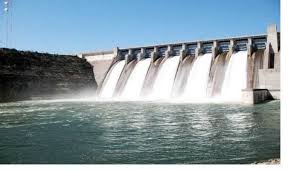All eyes are on The Hague this Friday. Judges at the International Court of Justice are due to hand out a decision on South Africa’s request for interim orders as part of its genocide case against Israel, which was brought to the highest court of the United Nations amid the devastating, ongoing Israeli war with Hamas. In this preliminary phase of the case, the court can demand emergency measures to restrain the Israeli offensive in the Gaza Strip. Backers of the South African-led case are hoping the court endorses what could amount to a cease-fire.
Whatever the initial verdict, the full case over whether Israel is carrying out genocide will rumble on likely for years. Israel has bitterly fought the charge. It casts the accusation of genocide brought against it as “libel,” given both the brazen Hamas attack on Oct. 7 that provoked the current war and the deeper history of the Holocaust that preceded the founding of the Jewish state.
“A terrorist organization carried out the worst crime against the Jewish people since the Holocaust, and now someone comes to defend it in the name of the Holocaust? What brazen gall,” Israeli Prime Minister Benjamin Netanyahu said in reaction to South Africa launching its case. “South Africa’s hypocrisy screams to the high heavens.”
The ICJ’s rulings are legally binding, but require U.N. Security Council resolutions for there to be genuine mechanisms, like sanctions, to implement them — something that’s unlikely in this context given the United States’ long-standing practice of shielding Israel from international censure. But the fact that Israel has participated vigorously in the proceedings may mean it could find it harder to shrug off a ruling it does not like. South African foreign minister Naledi Pandor will be present at the court on Friday — a sign, perhaps, of Pretoria’s confidence in its argument.
Source Hararelive









